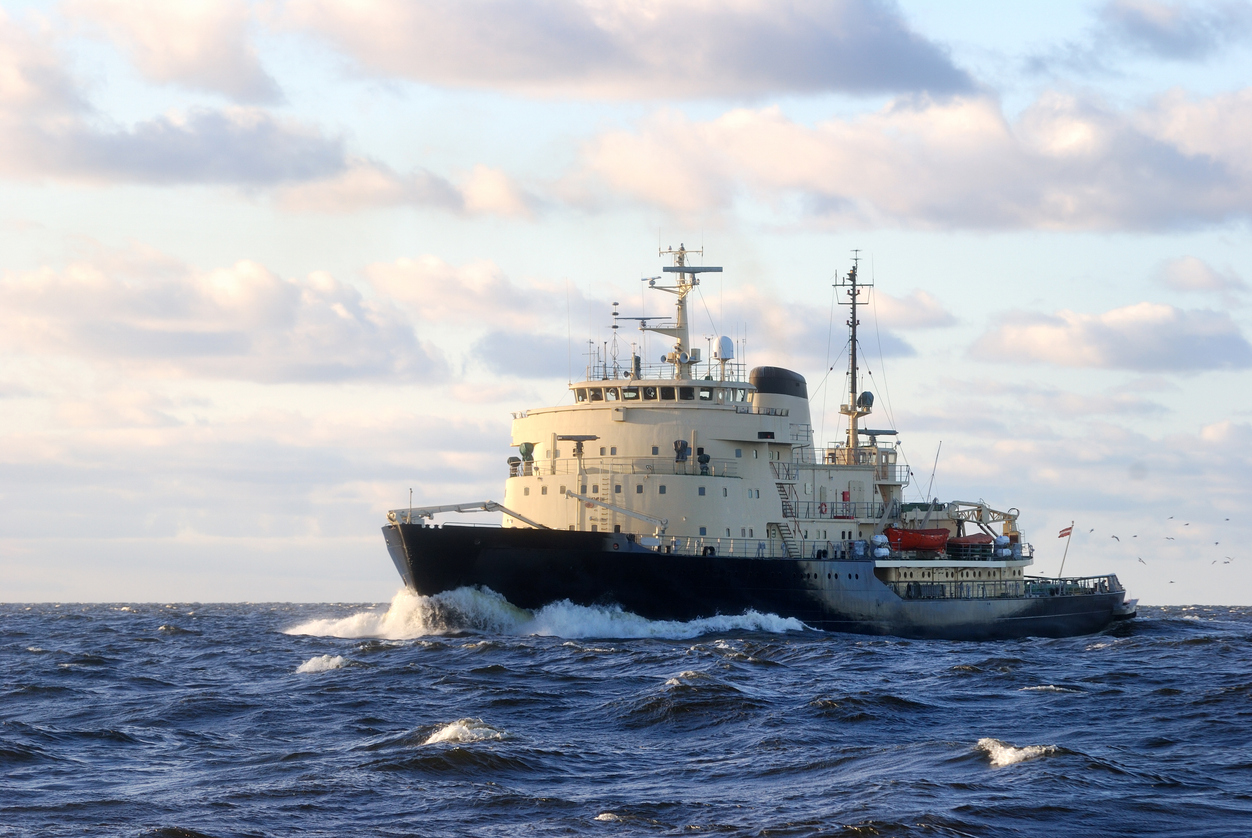Vessels for Lease in Port Harcourt: Efficient Maritime Solutions for Your Business
Port Harcourt, Nigeria’s industrial and maritime hub, is home to a thriving logistics and shipping industry. For businesses involved in import/export, FMCG distribution, or offshore operations, having reliable vessels is crucial for seamless operations. Leasing vessels in Port Harcourt offers companies flexibility, cost-efficiency, and access to a variety of maritime assets without the burden of ownership.
Why Businesses Consider Vessels for Lease in Port Harcourt
Leasing vessels provides several advantages compared to purchasing outright. Companies can scale operations according to demand, manage seasonal fluctuations, and reduce the upfront capital expenditure associated with buying vessels. For instance, firms involved in oil and gas logistics or bulk transport can benefit from short-term leases during peak activity periods.
Additionally, leasing vessels ensures businesses gain access to well-maintained and compliant maritime assets. This reduces downtime and operational risks often associated with aging owned vessels.
Types of Vessels Available for Lease
In Port Harcourt, businesses can access a range of vessels suited to different operational needs:
-
Tugboats for hire: Essential for moving larger ships or offshore rigs safely.
-
Passenger vessels for transport: Ideal for ferrying staff or clients across the waterways efficiently.
-
Cargo vessels and barges: For bulk transport of goods such as oil, chemicals, and other industrial materials.
-
Offshore support vessels: Designed for oil and gas projects, including drilling support and supply runs.
By selecting the right vessel type, businesses can optimize their operations while minimizing operational risks.
Key Considerations When Leasing Vessels in Port Harcourt
Before entering a lease agreement, companies should assess several critical factors:
-
Vessel condition and compliance: Ensure vessels meet safety and regulatory standards.
-
Lease terms: Consider duration, cost, and flexibility. Short-term leases can accommodate seasonal demand, while long-term leases may offer better cost efficiency.
-
Crew and operational support: Some leases include trained crews, while others require businesses to provide personnel.
-
Insurance coverage: Confirm the vessel has adequate insurance to cover potential risks.
Partnering with a trusted provider like Wigmore Trading ensures all these considerations are met, providing peace of mind and operational efficiency.
Benefits of Leasing Vessels Through Wigmore Trading
Wigmore Trading specializes in connecting businesses with reliable vessels for lease in Port Harcourt. Our services offer:
-
Tailored solutions: Vessels are matched to specific operational needs.
-
Operational support: Guidance on crew arrangements, insurance, and regulatory compliance.
-
Flexible leasing options: Short- or long-term leases to suit your business cycle.
-
Cost efficiency: Reduce upfront investment while maintaining access to modern, safe vessels.
Whether your company requires tugboats, cargo vessels, or offshore support, Wigmore Trading can help you streamline operations and maintain efficiency.
Practical Tips for Maximizing Your Lease
To make the most of a vessel lease:
-
Plan ahead: Forecast shipping requirements to secure the right vessel in advance.
-
Maintain clear communication: Work closely with the leasing provider to avoid scheduling conflicts.
-
Track performance: Monitor vessel usage and efficiency to ensure optimal ROI.
These simple strategies can improve operational reliability and reduce unforeseen costs.
Conclusion
Leasing vessels in Port Harcourt offers a strategic advantage for businesses involved in maritime operations. It provides flexibility, operational efficiency, and cost savings while minimizing risks associated with ownership. With the right partner, such as Wigmore Trading, businesses can access a variety of vessels that meet their specific needs and regulatory standards.
Get in touch with Wigmore Trading today to streamline your vessel leasing and maritime operations.








Comments are closed.